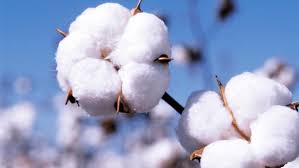India’s cotton sector struggles under price controls

India's cotton industry is tangled in a web of price controls that's hurting both farmers and seed companies. The government sets minimum support prices (MSP) for raw cotton to protect farmers, but also caps seed prices (MSP) supposedly to make them affordable. This MSP for seeds, however, has stifled innovation.
Seed companies argue controlled prices don't allow them to recoup research costs for new, hardier varieties. This lack of investment has led to declining yields and a resurgence of pests resistant to older Bt cotton. The control order, Cotton Seeds Price (Control) Order 2015 (CSPCO), was meant to regulate Genetically Modified (GM) cotton seed prices. However, critics say it's become a barrier to progress.
The order also restricts royalty payments to technology developers, further discouraging investment in new traits. Farmers are stuck with lower yields and rising pest problems. The textile industry, meanwhile, is forced to import more cotton as domestic production falls.
There's a growing consensus that the CSPCO needs to be revoked. However, there's a catch. Cotton seeds fall under both federal and state control in India. If the central government scraps the CSPCO, states could enact their own price controls, creating a compliance nightmare for seed companies.
The ultimate solution, some argue, is to remove cotton seeds from the list of concurrently controlled items in the Indian Constitution. This would allow for a more streamlined, market-oriented approach to cotton seed pricing, potentially benefiting both farmers and the industry.
